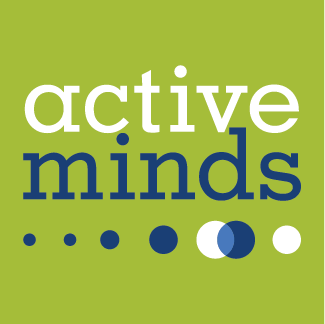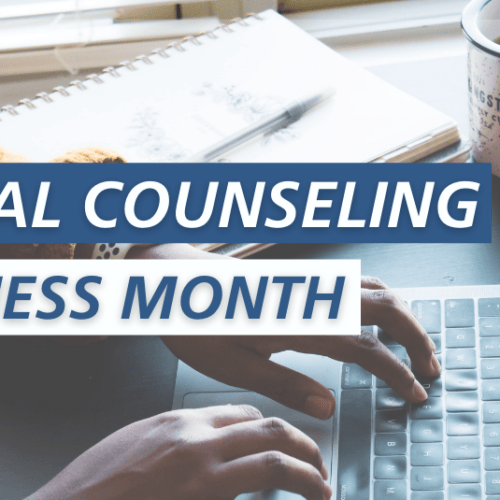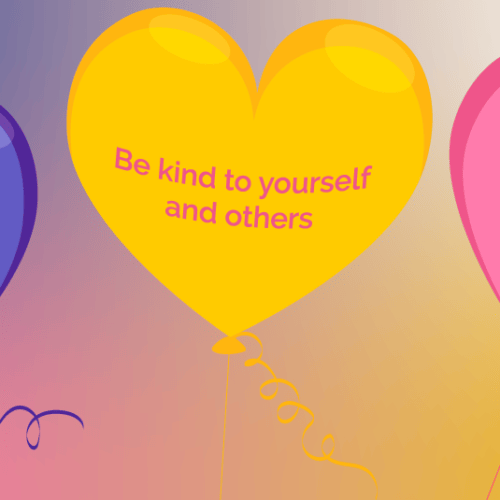I’m going to be honest – I didn’t enjoy my first therapy session. I was 14. Growing up, I saw therapy as something people do when there is something “wrong” with them. They’d sit in a room, maybe on a long couch, and talk about their feelings for an hour before leaving and going on with their day. When I finally made the choice to go, I didn’t see immediate progress. I didn’t connect with my therapist and left feeling judged and drained. I thought, “Maybe this is how it is for everyone. It’ll be fine. Just ignore it.” This same thing happened to me for weeks on end – I concluded that therapy wasn’t right for me, and so, I quit.
Three years later, when I was 17 my mental health got drastically worse. I would miss class to go to my high school’s counseling center every day because I couldn’t handle the distress in my brain. My mental health was not only hindering my academics but also my will to live. Every day was a struggle to take a breath and find hope. It was at this point that I wanted to give therapy another try – it was my last resort.
After extensively researching therapists with my mom, we found a group dialectical behavior therapy program that children and young adults could attend with their parents or guardians. My mom and I thought this would be a good idea so she could also learn how to support me best. We ended up meeting with the therapist that would be leading this group session and my mom and I immediately loved her. She was from a similar culture as mine – she understood the cultural stigma that surrounded mental health and was sensitive to the fact that I was the first person in my family to ever go to therapy. In addition to leading the group therapy sessions, she was also seeing clients privately. My mom and I felt that she was the perfect fit for me and I started seeing her right away.
Through counseling and my group therapy program, I learned the tangible skills that directly helped me manage my mental health, particularly during times of extreme emotional stress, the same kind that had been previously hindering my academic performance and quality of life. I also learned how to cope ahead and how to validate my own feelings. I didn’t have to be in a crisis to take care of my mental health; I could instead be proactive in taking care of my mental health. I even got to the point where I felt comfortable talking to my friends about my mental health as well as theirs, particularly by utilizing tools like V-A-R®, or Validate-Appreciate-Refer.
A common misconception of therapy and counseling as a whole is that you have to be struggling to receive support. It’s important to remember that everyone has mental health, and it’s important to do whatever you need to do to take care of it. Therapy is not just for one kind of person – it’s something many of us could benefit from! Whether it’s once a week, once a month, or once a year, it’s nice to be able to talk to a person about how you’re doing. There’s no shame in sharing your experiences with therapy. In fact, it may even encourage others around you to seek help when needed.
I don’t know where I would be without having gone to counseling. If you have been considering starting therapy, this is your sign to go for it! If counseling is not currently accessible to you, find ways to seek help through online resources, campus or workplace support groups, or crisis lines. Allow yourself to experience that safe and validating space. Whether you’re struggling, thriving, or somewhere in between, you deserve it and you will benefit from it.







